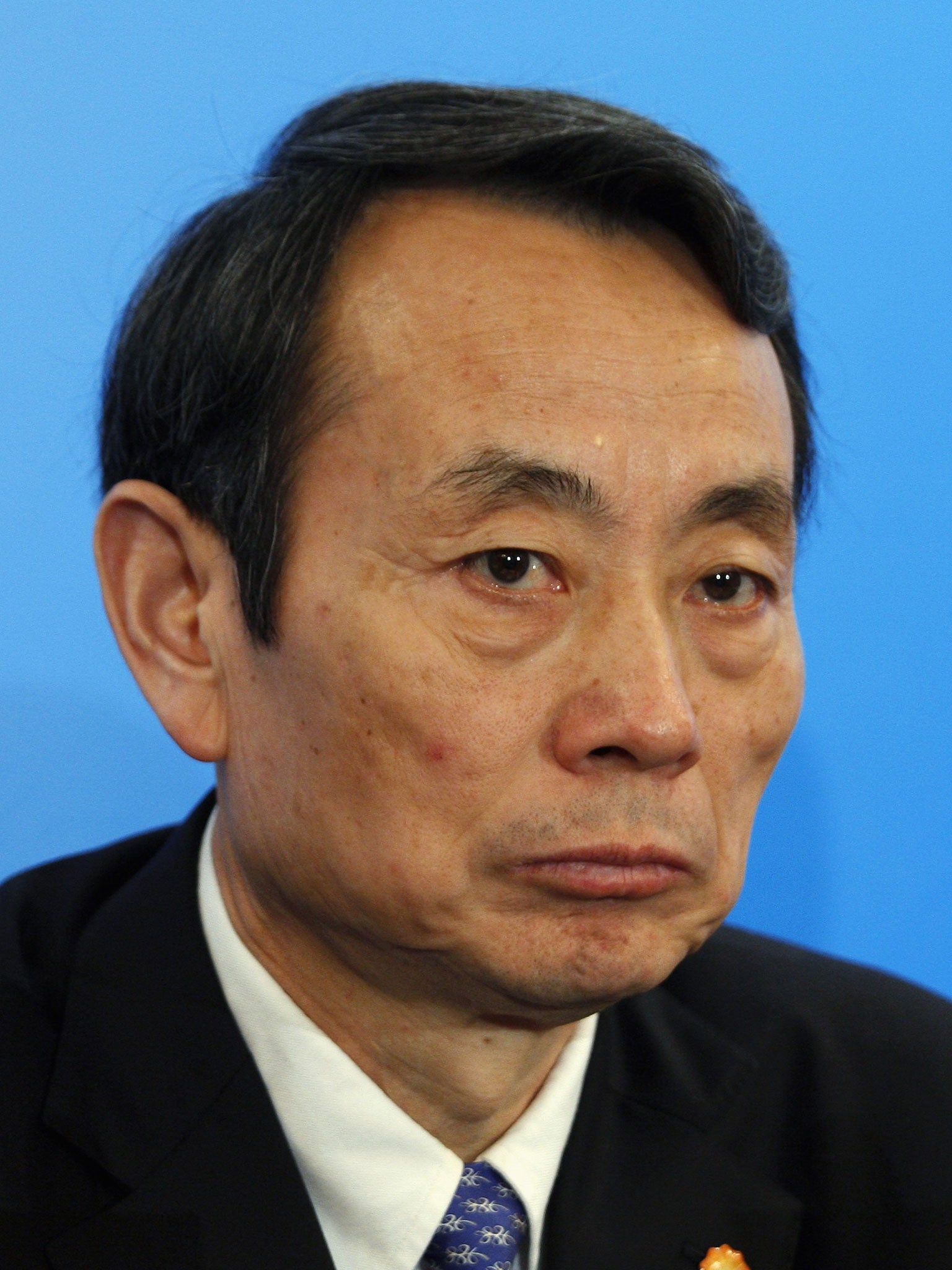China continues crackdown on corruption

China is investigating the head of its state assets regulator, a former top energy executive, for “serious discipline violations”, the government said today in what appears to be a deepening crackdown on corruption and push for reform.
A brief government announcement said Jiang Jiemin was “suspected of serious discipline violations”, shorthand the government generally uses to describe graft.
The investigation was being carried out by the ruling Communist Party’s anti-graft watchdog, the Central Commission for Discipline Inspection, the statement said. No other details were given.
President Xi Jinping has made fighting pervasive corruption a key theme of his new administration, vowing to go after “tigers”, or senior officials, as well as lower-ranking “flies”.
Mr Jiang was promoted to head of the Assets Supervision and Administration Commission (SASAC) in March, from his previous post as chairman of energy giant China National Petroleum Company (CNPC).
SASAC is a ministerial-level body run by China’s cabinet, and is directly responsible for more than 100 state-owned companies.
The announcement about Mr Jiang, much anticipated by industry insiders, comes after the government announced last week that four of CNPC’s top executives were under investigation for alleged wrongdoing.
Those investigations were announced shortly after the close of the trial of Bo Xilai, once a rising political star who is now awaiting a verdict on charges of graft, bribery and abuse of power.
Mr Jiang had been expected to take a major role in reforming China’s sprawling state sector as the Communist Party seeks to allow private investment into important sectors of the economy, such as energy, transport and finance, over the next five years.
Economists warn that China can no longer delay freeing such sectors from government control, especially if the country wants its economy to keep growing by between seven and 8 per cent a year.
However, reform of state-owned industries has run into opposition from vested interest groups which are threatened by the prospect of competition and conservative elements in the party uncomfortable with more economic changes.
The Communist Party will hold a meeting in November to discuss deepening reforms as leaders look to set China’s economic agenda for the next decade.
Subscribe to Independent Premium to bookmark this article
Want to bookmark your favourite articles and stories to read or reference later? Start your Independent Premium subscription today.

Join our commenting forum
Join thought-provoking conversations, follow other Independent readers and see their replies